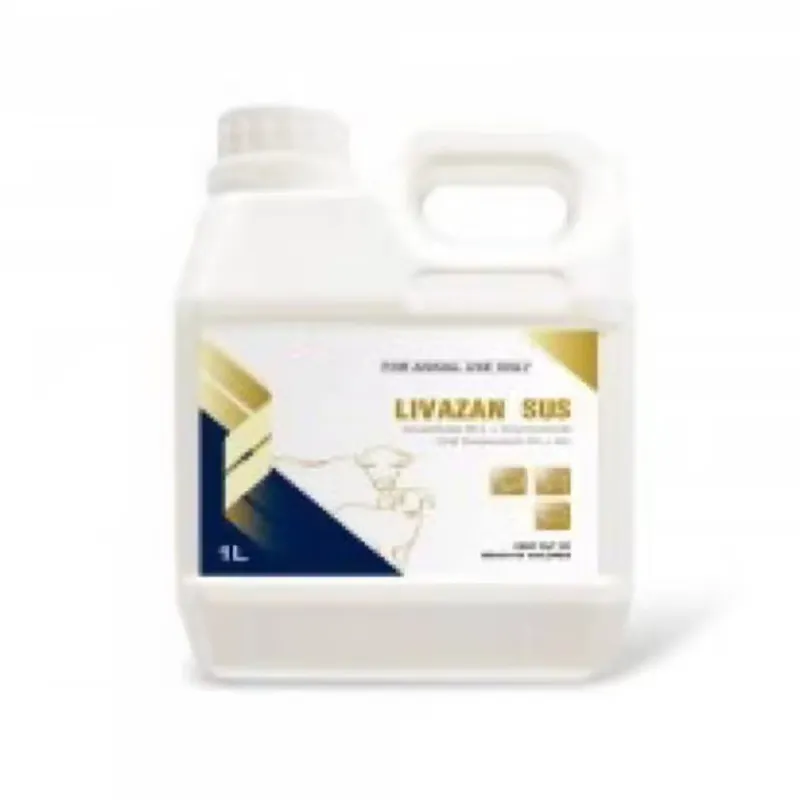- Afrikaans
- Albanian
- Amharic
- Arabic
- Armenian
- Azerbaijani
- Basque
- Belarusian
- Bengali
- Bosnian
- Bulgarian
- Catalan
- Cebuano
- Corsican
- Croatian
- Czech
- Danish
- Dutch
- English
- Esperanto
- Estonian
- Finnish
- French
- Frisian
- Galician
- Georgian
- German
- Greek
- Gujarati
- Haitian Creole
- hausa
- hawaiian
- Hebrew
- Hindi
- Miao
- Hungarian
- Icelandic
- igbo
- Indonesian
- irish
- Italian
- Japanese
- Javanese
- Kannada
- kazakh
- Khmer
- Rwandese
- Korean
- Kurdish
- Kyrgyz
- Lao
- Latin
- Latvian
- Lithuanian
- Luxembourgish
- Macedonian
- Malgashi
- Malay
- Malayalam
- Maltese
- Maori
- Marathi
- Mongolian
- Myanmar
- Nepali
- Norwegian
- Norwegian
- Occitan
- Pashto
- Persian
- Polish
- Portuguese
- Punjabi
- Romanian
- Russian
- Samoan
- Scottish Gaelic
- Serbian
- Sesotho
- Shona
- Sindhi
- Sinhala
- Slovak
- Slovenian
- Somali
- Spanish
- Sundanese
- Swahili
- Swedish
- Tagalog
- Tajik
- Tamil
- Tatar
- Telugu
- Thai
- Turkish
- Turkmen
- Ukrainian
- Urdu
- Uighur
- Uzbek
- Vietnamese
- Welsh
- Bantu
- Yiddish
- Yoruba
- Zulu
ታኅሣ . 18, 2024 01:01 Back to list
ivermectin cattle and swine injection
Understanding Ivermectin for Cattle and Swine Injection A Comprehensive Overview
Ivermectin is a widely used antiparasitic medication that has proven to be effective in treating and preventing various parasitic infections in both cattle and swine. As an important component of livestock management, the use of ivermectin injections in veterinary medicine addresses numerous health issues that affect these animals, ensuring their well-being and productivity. In this article, we will explore the benefits, administration, and considerations surrounding the use of ivermectin in cattle and swine.
What is Ivermectin?
Ivermectin is a broad-spectrum antiparasitic agent that belongs to the macrocyclic lactone class of drugs. Originally discovered in the late 1970s as a soil bacterium derivative, it has become a crucial tool in controlling parasitic infections. The drug works by interfering with the transmission of nerve impulses in parasites, leading to their paralysis and eventual death. It is effective against a wide range of parasites, including nematodes (roundworms), ectoparasites (like lice and mites), and certain protozoa.
Benefits of Ivermectin in Cattle and Swine
The use of ivermectin in cattle and swine brings several critical benefits. First and foremost, it helps in the prevention and treatment of parasitic infections, which can have significant impacts on animal health and productivity. For instance, heavy parasite loads can lead to weight loss, decreased milk production, reduced feed efficiency, and even death in severe cases. By conducting timely interventions with ivermectin, farmers can maintain healthier herds and flocks.
Moreover, ivermectin injections can enhance the overall welfare of livestock. Healthier animals tend to exhibit better reproductive performance, improved growth rates, and increased resistance to diseases. This, in turn, leads to better economic returns for farmers and greater food security for communities.
Administration of Ivermectin
ivermectin cattle and swine injection

Ivermectin is available in several forms, including oral formulations, topicals, and injectable solutions. When utilized for cattle and swine, the injectable form is often preferred due to ease of use and rapid absorption. Proper dosage and administration are crucial to ensure efficacy and minimize the risk of resistance development.
For cattle, the standard dose of ivermectin is usually based on body weight, and it is administered subcutaneously or intramuscularly. Swine, on the other hand, receive ivermectin injections usually in the neck or behind the ear, again following dosage guidelines. It is essential for livestock handlers to follow veterinarian recommendations and observe withdrawal times before selling or consuming animal products to ensure safety standards are met.
Considerations and Challenges
Despite its many benefits, the use of ivermectin in livestock is not without challenges. One of the significant concerns is the emergence of resistance among parasites due to overuse or misuse of the drug. Farmers are encouraged to implement integrated parasite management strategies, combining chemical treatments with non-chemical methods such as rotational grazing and pasture management to mitigate resistance development.
Additionally, environmental considerations should also be taken into account. Ivermectin can persist in the environment, raising concerns about its impact on non-target species such as beneficial insects and aquatic organisms. Consequently, responsible usage according to the prescription and environmental guidelines is imperative.
Conclusion
Ivermectin injections play a vital role in the health management of cattle and swine. By effectively controlling parasitic infections, this medication contributes to enhanced animal welfare and increased agricultural productivity. Nonetheless, the importance of adhering to recommended usage guidelines and implementing proactive management strategies cannot be overstated. Through responsible practices, farmers can continue to harness the benefits of ivermectin while safeguarding the health of their livestock and the surrounding environment. As we continue to explore and expand our knowledge in veterinary medicine, ivermectin remains a cornerstone in the fight against parasitic diseases in agriculture.
-
Guide to Oxytetracycline Injection
NewsMar.27,2025
-
Guide to Colistin Sulphate
NewsMar.27,2025
-
Gentamicin Sulfate: Uses, Price, And Key Information
NewsMar.27,2025
-
Enrofloxacin Injection: Uses, Price, And Supplier Information
NewsMar.27,2025
-
Dexamethasone Sodium Phosphate Injection: Uses, Price, And Key Information
NewsMar.27,2025
-
Albendazole Tablet: Uses, Dosage, Cost, And Key Information
NewsMar.27,2025













